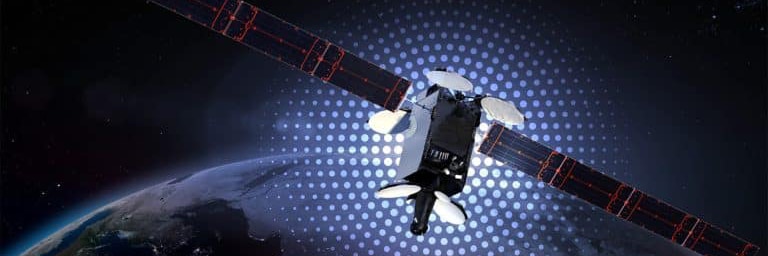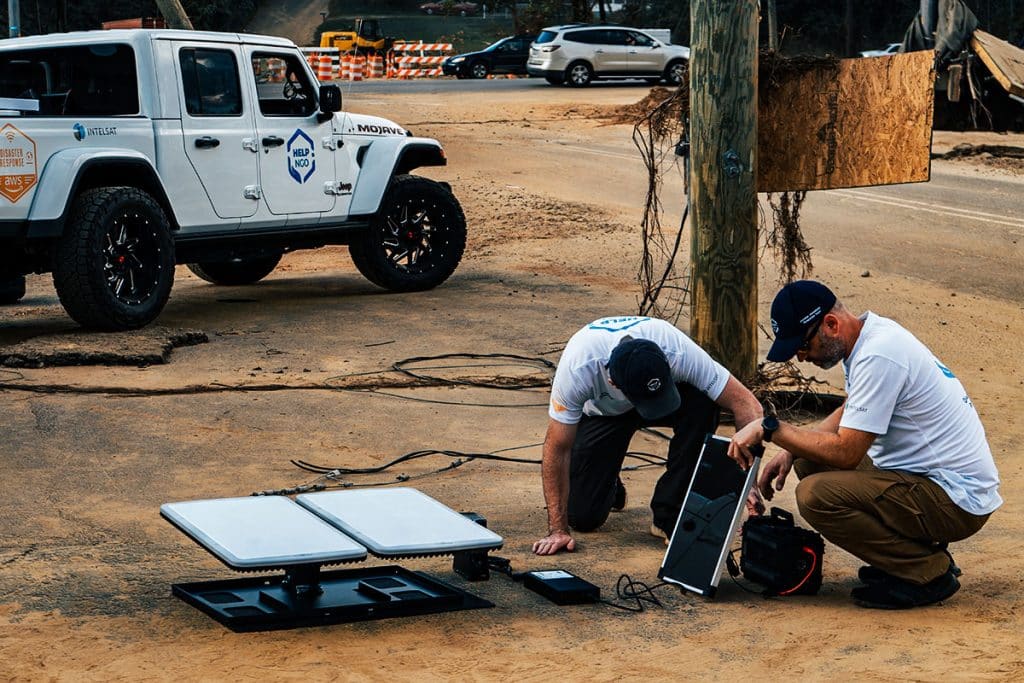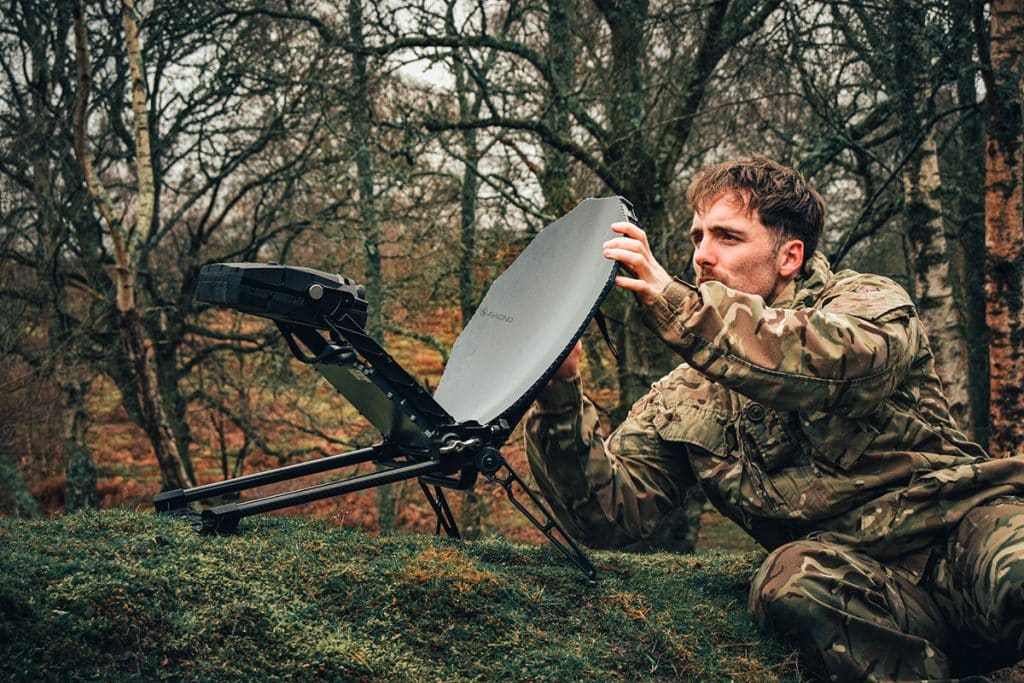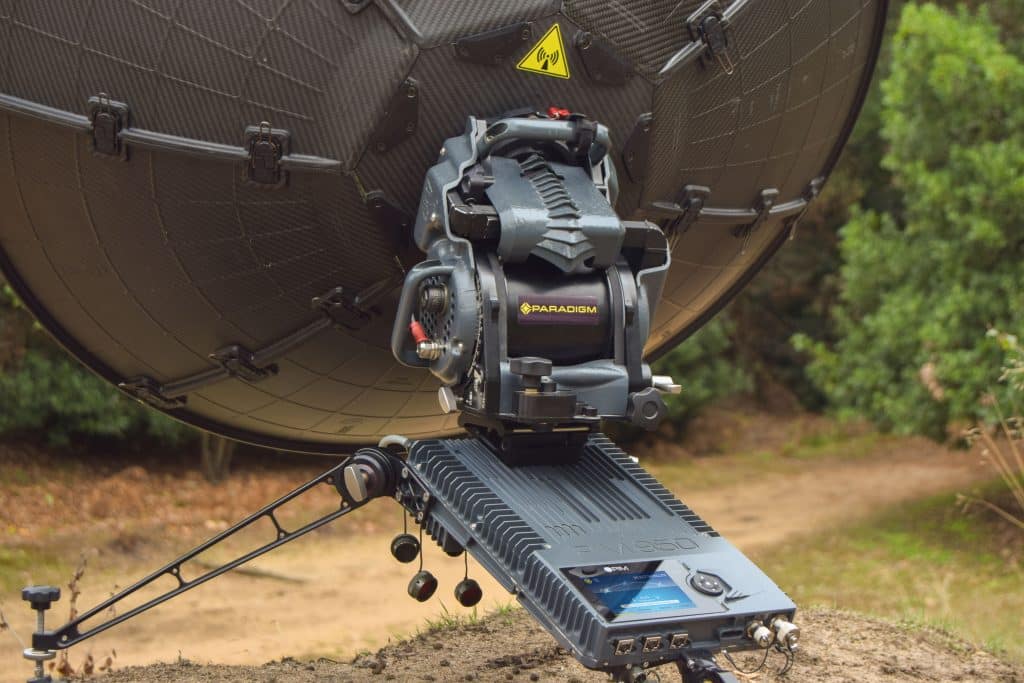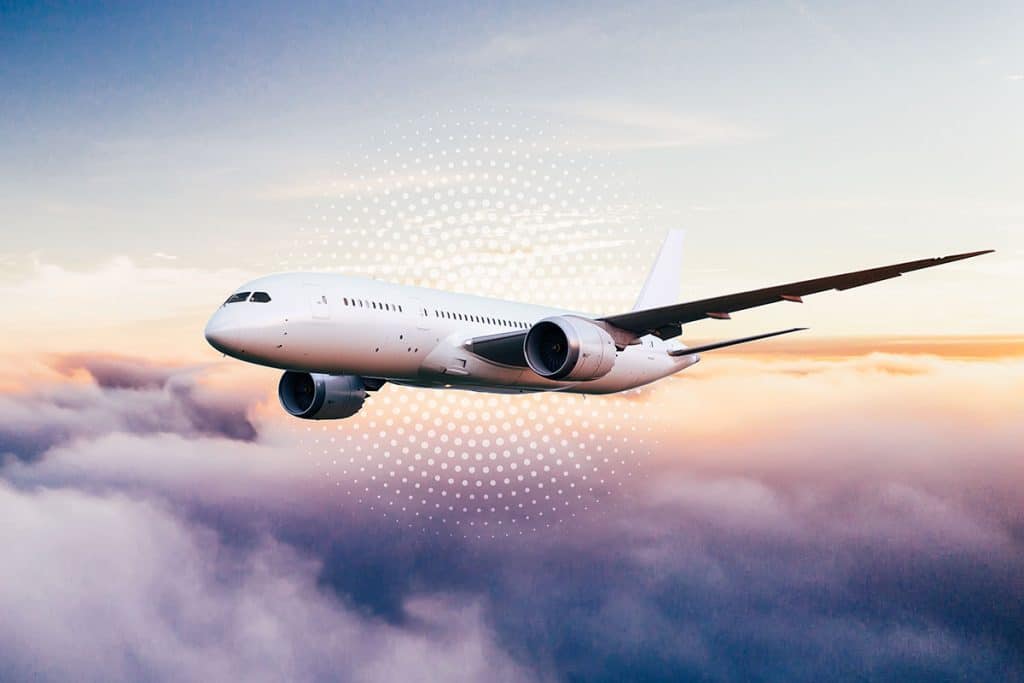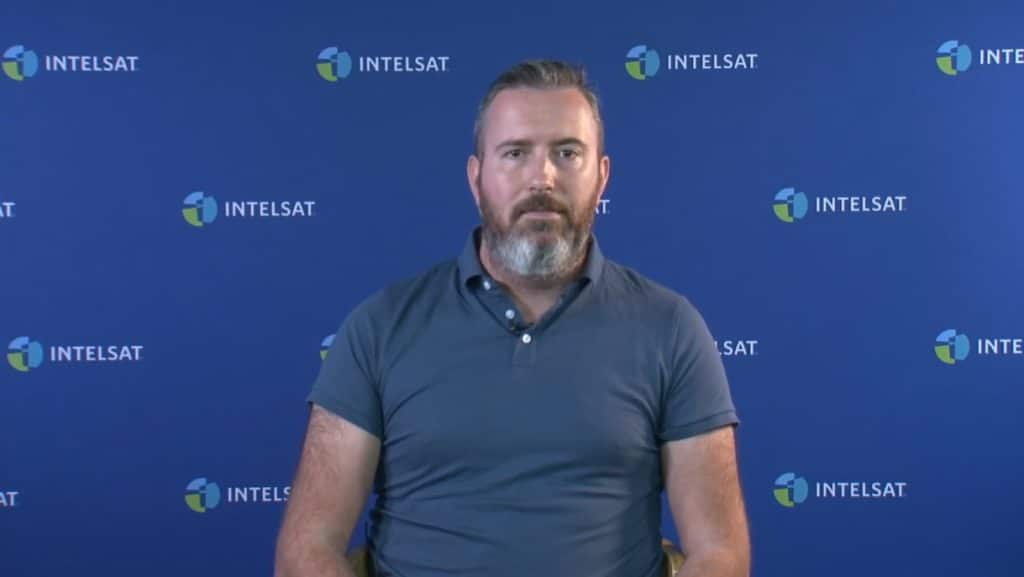Executive Interview: David Micha, Vice President and General Manager, Intelsat General Communications
How has the pandemic impacted the Space industry in the Middle East?
While many space industry businesses have been able to cope with the ever-evolving COVID-19 crisis, many are struggling including small and medium-sized businesses. This is very concerning because innovation in space comes from not only the large companies like Intelsat but from the smaller companies that produce a great deal of technology innovation. As a result, many in the industry are concerned about the lasting effects of the pandemic which probably will be with us for a while. It is my hope that innovation, economic growth and employment opportunities are not negatively impacted as companies navigate this global pandemic.
In which areas and geographies do you see strongest potential for growth?
In the past ten years, there has been remarkable investment in space companies, everything from small sats to reusable rockets. I just read an article the other day stating the space industry globally is expected to generate more than a trillion dollars in revenue in the next 8 or 9 years.Every day you hear about another satellite launch, building these satellite constellations with thousands of satellites orbiting Earth. That number will only grow.
In the case of Intelsat, we are a developing a next generation ecosystem based on 5G technology that will integrate space, terrestrial and wireless connectivity all using software defined satellites and networks. We currently have 10 satellites being built in the factory and many more to come. We think the convergence of GEO, MEO and LEO is a critical component to our strategy and we look forward to announcing new offerings in the near future. As I am responsible for the Government business at Intelsat, I believe the Middle East and APAC will continue to be strong geographic growth areas in addition to the US.
What technologies do you predict will impact the Space industry most in the next five years?
Next generation software defined network and satellites
Continuing the commercialization of space travel
Virtualization of hardware
Mission extension vehicles which will extend the life of satellites
5G satellites that are compatible with Terrestrial and wireless networks
Which Space mission are you most looking forward to see launch in 2021/2022?
I am looking forward to the launch of Intelsat’s next generation software defined satellites that are currently being built in the factory. We have two in production and more to follow. They will begin to launch in late 2023. I’m also excited about the efforts of companies putting private citizens into space. It shows how technology has matured and what the future of manned space may look like.
What are your expectations from Dubai Airshow 2021 – which will be the first of its kind event since the coronavirus outbreak?
The Dubai Air Show has become one of the world’s premier aviation and aerospace events. It not only allows you to showcase your latest technology and products but also provides thought leadership exchange, innovations, and very important networking opportunities. Intelsat is the world’s largest satellite owner operator with 52 satellites, 62 teleports and over 100,000 miles of terrestrial fiber. We are a global company that provides communication to governments and multiple other sectors. We are proud to take part in this year’s Dubai Air Show and, after the worldwide stagnation COVID-19 has caused, we expect this year’s show to be bigger and better than ever.
Lastly, what are INTELSAT plans ahead in the region?
The Middle East and Africa region has always been very important to Intelsat. In fact one of our regional offices is based in Dubai Internet City. We have already partnered with governments and the major telecommunication operators in the region. Having said that we plan to grow our presence here as we feel we can collaborate with different entities to contribute to their national space programs, capability development and knowledge exchange.





